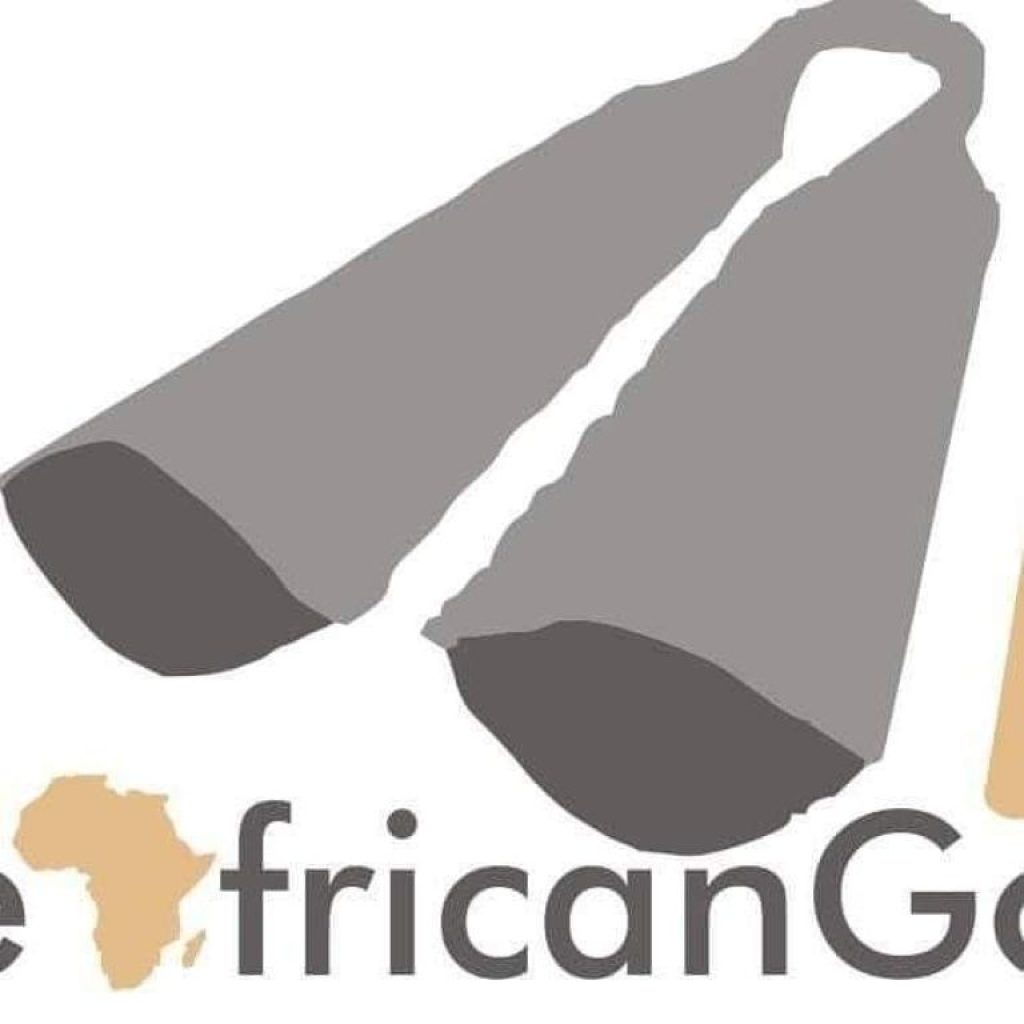
By Barrister Wale Ojo-Lanre, Esq.
DG, Ekiti State Bureau of Tourism Development
Honestly ,
Walai talahi!
This time around, we must summon the courage to tell the truth without minding whose ox is gored. It is better to speak plainly than to hide under a bushel. That is why I am compelled to respond bluntly and sincerely to those who have branded NIHOTOUR’s newly inaugurated tribunal as “rubbish” and “useless.”
Honestly, I cannot fathom why anyone would use such toxic words to describe what is, in reality, a potent legal platform—a game changer capable of refurbishing and reengineering Nigeria’s tourism sector for the best. Nooo, my brother, stop this! Why throw such crude stones at progress?
The truth is, Nigeria is full of toxic minds, short-sighted people stuck in archaic thinking while the world has marched into 2025. Let’s be factual: for decades, our tourism sector has been plagued by weak enforcement of standards, unchecked malpractice, and a glaring absence of credible disciplinary mechanisms. It has been a free-for-all arena where individuals of different colors, shapes, and tendencies came in to do whatever pleased them. Even sectoral associations, meant to guide professionalism, sometimes acted with impunity. I remember having to take legal action against one such association that operated brazenly outside the law.

Now, with the legal backing of Section 44 of the NIHOTOUR Act (2022) and the 2025 Regulations, this tribunal introduces the structured accountability and professional oversight we have long cried for, bringing Nigeria in line with internationally recognized best practices.
The Tribunal composed of
Honourable Dr. Justice Ishaq U. Bello, retired Chief Judge of the FCT High Court and newly appointed , Mr. Daniel Enemoma John, Registrar General of the Certified Institute of Hospitality, Tourism and Travel (CIHTT). ,Mr. Ayorinde Oluseyi Steve, former Lagos State Commissioner for Tourism, Alhaja Bolaji Mustapha, President of the National Association of Tour Operators (NATOP) and Aare (Dr.) Abisoye Fagade, FIMC, Director General of NIHOTOUR
Globally, leading tourism destinations have long understood the value of specialized regulatory panels. The United Kingdom operates the Travel Industry Tribunal under the Civil Aviation Authority and ABTA. This mechanism has successfully handled grievances, enforced licensing compliance, and sanctioned violators—restoring consumer confidence, deterring fraudulent operators, and safeguarding investments in a multi-billion-pound tourism economy.
In the United States, particularly in tourism-driven states like Florida, California, and Nevada, tribunal-like boards discipline hotels, restaurants, and travel agencies that breach safety or consumer protection laws. This robust enforcement has strengthened destination reputation, promoted ethical practices, and made the U.S. one of the world’s most trusted and competitive tourism destinations.

South Africa’s Tourism Regulatory Authority and Tourism Grading Council run adjudicatory panels that address non-compliance cases. This regulatory rigor has elevated service quality, established South Africa as Africa’s tourism powerhouse, and attracted substantial foreign investment into its hospitality sector.
Singapore, famed for efficiency and order, employs a tribunal-driven disciplinary system through its Tourism Board (STB). Empowered to take decisive action against erring operators, it has helped maintain Singapore’s reputation as a safe, professional, and globally admired destination while generating over $20 billion in tourism receipts annually.
Australia’s Administrative Appeals Tribunal also plays a vital role in reviewing and sanctioning operators who flout licensing, environmental, or safety regulations. Its actions have promoted sustainable tourism, preserved natural heritage, and positioned Australia as a premier eco-friendly destination.
Nigeria’s tribunal, therefore, emerges at a critical juncture. It offers a credible forum to address malpractice and licensing violations, ensuring operators meet international service standards. It signals Nigeria’s commitment to rule-based regulation, a vital step for attracting foreign direct investment. It creates structured avenues for redress, bolsters public trust, and aligns our practices with global compliance norms—making Nigerian tourism more competitive and marketable worldwide.
And let us be clear: this is not a witch-hunting tool. With a retired Chief Judge as Chair and seasoned industry veterans as members, the tribunal is built on due process, fairness, and transparency—free from political manipulation or personal vendettas.
Ultimately, the Hospitality, Travel and Tourism Tribunal is not an instrument of fear; it is a catalyst for discipline, fairness, and excellence. Nations like the UK, U.S., South Africa, Singapore, and Australia have proven that well-structured disciplinary bodies are essential for sustainable sectoral growth. Nigeria’s decision to inaugurate HTTT is a visionary step toward global relevance and domestic confidence.

Stakeholders must rally behind this tribunal, supporting its transparent and independent operations. Tribunal decisions can still be appealed in superior courts, ensuring checks and balances.
This is a new dawn for Nigeria’s tourism sector. Kudos to the Federal Government for this bold move. I am especially proud of Abisoye Fagade, DG of NIHOTOUR, for the courage and vision to shepherd this transformative initiative.
God bless our tourism sector. God bless Nigeria. God bless President Bola Ahmed Tinubu.
